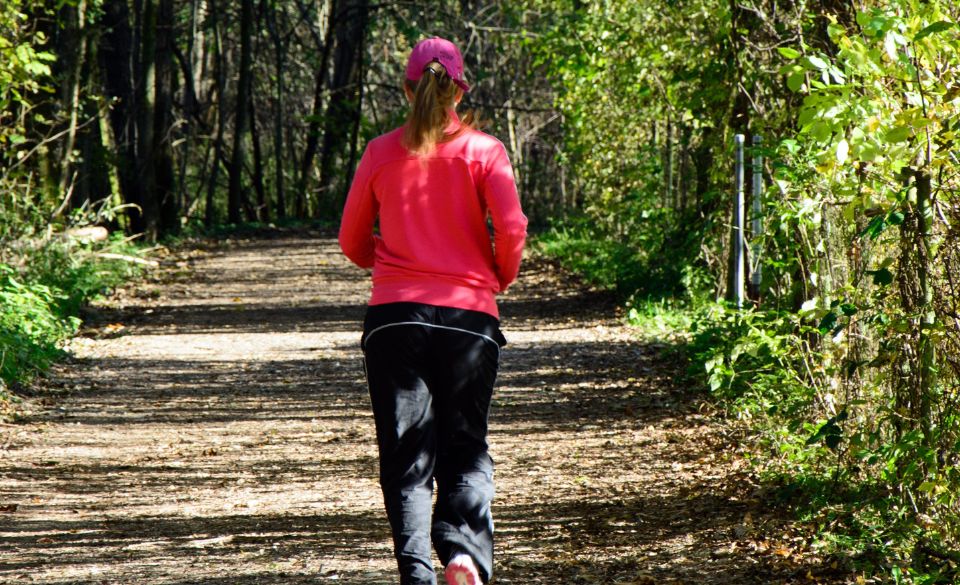
Optimizing Athletic Performance Through Recovery and Leisure
Page Contents
Athletic excellence isn’t just the result of rigorous training and discipline, it’s equally about what happens during the off-hours, how athletes recover and recharge. The secret to unparalleled performance lies not only in the intensity of the workouts but also in the quality of rest and leisure. This nuanced approach ensures athletes can sustain high levels of performance over time, avoiding burnout and injury. Through a blend of science-backed recovery techniques and thoughtfully chosen leisure activities, athletes can fine-tune their bodies and minds for peak performance.
Mental Recovery Through Leisure
The mental aspect of recovery is as critical as the physical, with leisure playing a key role in restoring an athlete’s psychological well-being. Engaging in leisure activities that contrast the high-intensity nature of their training allows athletes to decompress and reduces stress levels, contributing to improved focus and performance during training and competition. This shift to leisure activities marks a deliberate pause, offering a mental respite that recharges the mind and fosters a balanced approach to life and sport.
Among the myriad leisure activities athletes might explore, some find enjoyment and relaxation in engaging with digital platforms, including the occasional foray into the world of new online casinos, especially those that offer best NZ casino rewards. It’s important, however, for athletes to choose leisure activities that contribute positively to their overall well-being, ensuring these pursuits support rather than detract from their athletic goals.
The Science of Muscle Recovery
Understanding the physiological processes behind muscle recovery is crucial for any athlete aiming to optimize their performance. After intense physical activity, muscles undergo microscopic damage, triggering inflammation that helps the body repair and strengthen the tissue. This period of rest isn’t merely about avoiding physical exertion, it’s a proactive phase where targeted strategies can significantly enhance recovery. Nutrition plays a pivotal role in this phase, with a focus on proteins and antioxidants to repair muscles and reduce inflammation, alongside adequate hydration to replenish lost fluids and support metabolic processes.
Incorporating active recovery practices presents another layer of sophistication to an athlete’s regimen. Techniques such as low-intensity exercise, stretching, and mobility work facilitate blood flow to the muscles, helping to flush out metabolic waste products accumulated during intense workouts. This approach not only speeds up the recovery process but also prepares the body for future training sessions, reducing the likelihood of injury. As athletes look to these methods to enhance physical recuperation, they also explore leisure activities that promote mental recovery, recognizing the inseparable connection between body and mind in achieving athletic excellence.
Balancing Recovery with Training
Achieving the perfect balance between training intensity and recovery is an art form in itself, demanding a personalized approach that considers the unique physiological and psychological needs of each athlete. Tailoring recovery strategies to fit individual training schedules and performance goals enables athletes to maximize the benefits of both work and rest. This balance is not static but evolves with the athlete’s training cycle, requiring ongoing adjustments to recovery practices as training demands fluctuate.
Active recovery days, strategically placed within the training schedule, serve as a bridge between intense workout sessions, allowing athletes to maintain a level of activity that promotes recovery without overtaxing the body. Similarly, scheduling complete rest days is essential, providing an opportunity for deep physical and mental recovery. Nutrition, hydration, sleep, and stress management form the pillars of an effective recovery strategy, each element carefully calibrated to support the athlete’s training demands and recovery needs.

